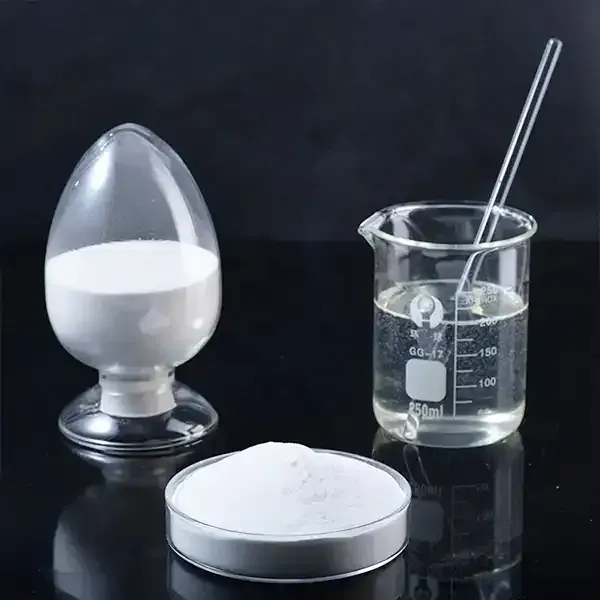The Versatile World of Hydroxyethyl Cellulose A Comprehensive Overview
Hydroxyethyl cellulose (HEC) is a non-ionic, water-soluble polymer derived from cellulose, a primary component of plant cell walls. Its unique chemical structure, which includes hydroxyethyl groups, grants HEC distinct properties that make it a valuable ingredient in various industries such as pharmaceuticals, cosmetics, construction, and food processing. This article delves into the characteristics, applications, and significance of hydroxyethyl cellulose.
Characteristics of Hydroxyethyl Cellulose
HEC boasts a range of remarkable properties. Being a cellulose derivative, it retains the thermochemical stability of cellulose while enhancing solubility in water. HEC swells in water, forming a gel-like substance without dissolving, which allows for controlled viscosity in different formulations. Its non-ionic nature means that it is compatible with a wide variety of ionic and non-ionic substances, making it particularly versatile.
Another important characteristic of HEC is its ability to function as a thickening agent. It can increase the viscosity of aqueous solutions at low concentrations, making it ideal for various formulations. Additionally, it exhibits excellent film-forming properties, imparting a smooth texture and improved stability to products. Its biocompatibility and non-toxic nature have also made it a popular choice in applications involving direct contact with skin and mucous membranes.
Applications of Hydroxyethyl Cellulose
hydroxyethyl cellulose

1. Pharmaceuticals In the pharmaceutical industry, HEC serves as a thickener for liquid formulations and as a binding agent in solid dosage forms, such as tablets and capsules. Its ability to control the release of active ingredients makes it useful in drug delivery systems, enhancing therapeutic efficacy.
2. Cosmetics and Personal Care Products HEC is a common ingredient in a range of cosmetic products, including lotions, creams, and shampoos. It provides desirable texture and stability, improves the dispersion of active ingredients, and functions as a moisturizer. The film-forming properties of HEC also make it effective in creating protective barriers on the skin.
3. Construction In the construction industry, HEC is used as an additive in cement-based materials, enhancing workability and water retention. It helps improve the adhesion and flexibility of mortars and plasters, thereby contributing to the durability of construction projects.
4. Food Processing HEC finds applications in the food industry as a thickening and stabilizing agent. It is used in products such as sauces, dressings, and dairy applications to achieve a desirable texture and mouthfeel.
Conclusion
Hydroxyethyl cellulose is undoubtedly a multifunctional polymer that plays a pivotal role across diverse industries. Its unique properties, including its thickening ability, biocompatibility, and film-forming characteristics, make it an essential ingredient in many formulations. The ongoing research and development in this area suggest that the applications of HEC will continue to expand, paving the way for innovative solutions that cater to the evolving needs of various industries. As sustainability becomes an increasing focus, the use of natural and biodegradable materials like HEC aligns well with contemporary environmental priorities. Thus, the versatility and potential of hydroxyethyl cellulose will ensure its relevance for years to come in both industrial and consumer applications.
-
Rdp Powder: Key Considerations for Wholesalers in the Building Materials IndustryNewsJul.08,2025
-
Key Considerations for Wholesalers: Navigating the World of Hpmc - Based ProductsNewsJul.08,2025
-
Hpmc Detergent: Key Considerations for WholesalersNewsJul.08,2025
-
Key Considerations for Wholesalers: China Hpmc For Tile Adhesive, Coating Additives, Concrete Additives, and MoreNewsJul.08,2025
-
Crucial Considerations for Wholesalers: Navigating the World of Construction MaterialsNewsJul.08,2025
-
Key Considerations for Wholesalers Sourcing Additive For Cement, Additive For Concrete, Additive For Putty from Additive Manufacturer Shijiazhuang Gaocheng District Yongfeng Cellulose Co., Ltd.NewsJul.08,2025




